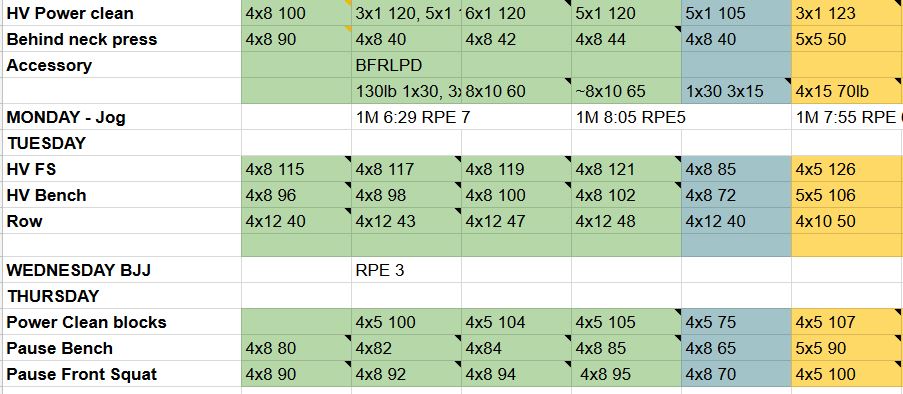 As trainers we’re constantly scheming and racking our brains for ways to keep clients consistent with their training. When clients aren’t consistent, they don’t get very good results and we don’t look very good. Here are a few of the things I’ve learned about consistency over that last ten years of training myself and over 100 personal training clients.
As trainers we’re constantly scheming and racking our brains for ways to keep clients consistent with their training. When clients aren’t consistent, they don’t get very good results and we don’t look very good. Here are a few of the things I’ve learned about consistency over that last ten years of training myself and over 100 personal training clients.
1. Stop being a pussy. Just kidding. Kinda. You probably do need to stop being a pussy, but you probably already knew that, so moving on…
2. Change your relationship with training. Here’s what happens to practically everyone: They start out training balls to the wall, things get hard/boring/whatever, they fizzle out and when they stop it feels good. Thus, there’s an instant psychological reward for quitting. Then, a few weeks/months/years later, they remember why they wanted to get in shape, they start training again and are confronted with the fact that they are now weak as cheese. Soft as tater tots. Slow as sap! They’re discouraged and disappointed, which is an immediate negative psychological consequence. Essentially, people are experiencing negative consequences for their good behavior (starting) and positive consequences for their “bad” behavior (stopping). Reversing these incentives is really important. For long term sustainability, no matter how great your will-power is, there should be some sort of reward for training and “negative consequence” for not training. How do we do that? For starters:
3. Set short term, specific, achievable goals and take them seriously. Grand goals are great, but don’t discount your smaller victories. To do this, keep as much data as possible and work with a good program that gradually progresses you forward. If you don’t even know how much you lifted last time you were in the gym, or how fast you ran that last mile, you won’t even know it when you’ve improved. Even if getting a faster mile wasn’t your primary goal, it’s rewarding to know that your training is paying off in that area. Take all the rewards you can get.
4. Leave some in the tank with planned deloads and light days. If you feel like your training is going really well, the last thing you will want to do is back off of it a little bit. If you wind it back while you’re ahead though, you’ll perceive the break as something negative and you’ll be hungry to get back to training hard. Obviously this concept can easily be used as an excuse not train hard when you should be, which is why these “breaks” should be planned. Personally, I train hard for four weeks and deload on the fifth week (meaning I do everything at about 70% of its normal prescribed intensity). Not missing a single training session for four weeks is a short term goal of mine. Looking at my training log in Google Docs and seeing that I made it through every rep of every single training session is rewarding, and I usually look forward to my next mesocycle during my deload week. I associate consistency with the satisfaction of completion, and I associate the empty cells in my Google Docs sheet with disappointment. I really, really hate empty cells.
5. Have some grit. (stop being a pussy pt. 2) Yes, we’re all human and we need to be realistic about how motivated we are and it can be helpful to give ourselves little rewards for not sucking and blah blah blah… BUT, if you don’t have enough grit to make it through a few weeks of hard training without “losing motivation”, it might just be that you need to stop reading articles, suck it the hell up and go train. You need to be able to tough it out at least long enough to achieve a short term goal and find something rewarding about what you’re doing. The grit factor is not a popular thing to discuss in the personal training industry because everyone’s too busy kissing ass and too afraid of losing clients. And yet, it is certainly a trait and skill that you can and should develop. It’s never going to be easy. If the training was easy, why would your body adapt to it? If it were easy, why would you be proud of it? All you can do is train yourself to find some reward and pride in the process.








5 Comments
Absolutely awesome!!!!! I was glad you did not hold back, and told it like it is.... Great article....
So true! Great to hear it loud & clear
I love this.
Thank you very much! I appreciate that!
Leave A Comment